As Samaritan Colony celebrates its 48th year of providing lifesaving drug and alcohol treatment services to underserved communities across the Sandhills, significant changes are underway.
First, the construction of a 14-bed residential treatment center for women, The SECU Women’s Recovery Center at Samaritan Colony, is in motion. As part of Samaritan Colony’s Changing Lives Campaign, $3.8 million was raised to fund the construction costs for the new facility on their 25-acre campus in Rockingham. Construction will continue throughout 2023. Samaritan Colony’s capital campaign is now in its second phase. The nonprofit wants to raise an additional $1.9 million during phase two. These funds will be used for operational expenses and to seed the nonprofit’s first endowment fund.
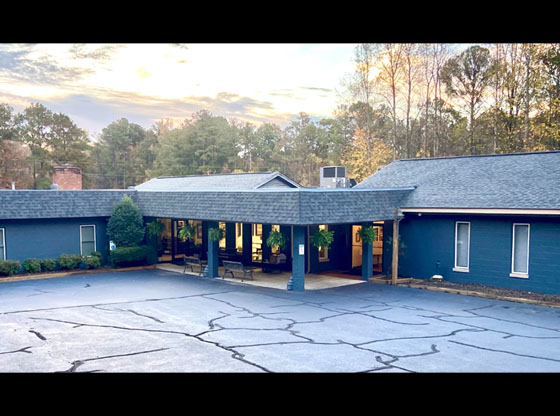
Since 1975, Samaritan Colony, located in Rockingham, has used evidence-based treatment to help individuals struggling with addiction.
The new year also brought a change in leadership to Samaritan Colony. In January, longtime Samaritan Colony employee, Mark Christopher, stepped into the role of executive director after Harold Pearson retired at the end of 2022.
Mark is a certified peer-support specialist (CPSS) and has been part of the Samaritan Colony team since 2013. Mark’s credentials include a certificate in nonprofit organizational management from the University of Illinois, a certificate in architectural AutoCAD, and an Associate in Science degree in manufacturing systems.
Anyone who has passed through the doors at Samaritan Colony has encountered Mark’s compassion and grace. He has assisted hundreds of men, and their families in navigating treatment and the long road to recovery.
The following is a Q&A session with Mark. He shared his thoughts as he spearheads the organization’s expansion to include treating women.
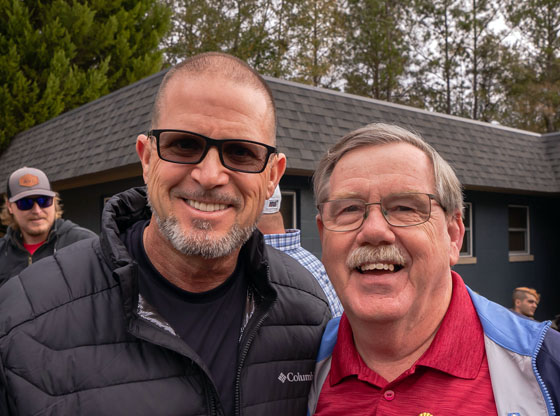
Samaritan Colony Executive Director Mark Christopher (left) with Vice-Chair of Samaritan Colony Board of Directors, Lee Wallace.
Q: You are entering your third month as executive director for Samaritan Colony — How has the transition been for the organization and you personally?
A: It is going better than expected. This is because of our committed staff and board, and the previous executive director continuing to serve in a consulting role.
Q: How is the construction of the SECU Women’s Recovery Center coming along?
A: Great. Everything is on target for the facility. We feel we will be able to start treating women in mid-2024. However, as with all construction projects of this magnitude, issues with materials and available labor can always occur.
Q: What is the biggest challenge you face as the executive director?
A: Now that construction has begun, a lot of work (staffing, fundraising, etc.) will be required to get the new treatment facility ready for operation in 2024. That being said, with the team we have in place, I am confident we will get the job done.
Q: Along with law enforcement, your team is on the front lines of the opioid crisis. Do you see things improving?
A: I see things shifting. My experience in this field is that substance use disorders (SUD) will always be an issue, regardless of the drug. The real hope is about education on SUD and how to treat it properly.
Q: You are running a small nonprofit that never turns people away due to a lack of funds. How can the public support your work?
A: People can help by either donating their time or resources. Funds contributed make what we do possible. However, our volunteers are an invaluable resource that allows us to continue our work. “It is in the shelter of each other that we exist.”
Feature photo: Samaritan Colony graduates: Vince (left), Brad, John, Ryan and Spencer. All photos contributed.
Click on the link/picture below to enable Samaritan Colony to continue their work by making a donation:


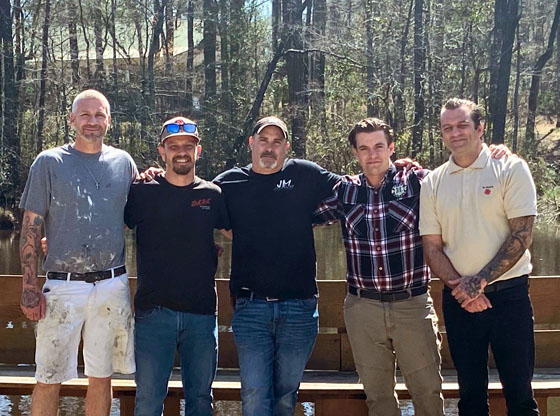



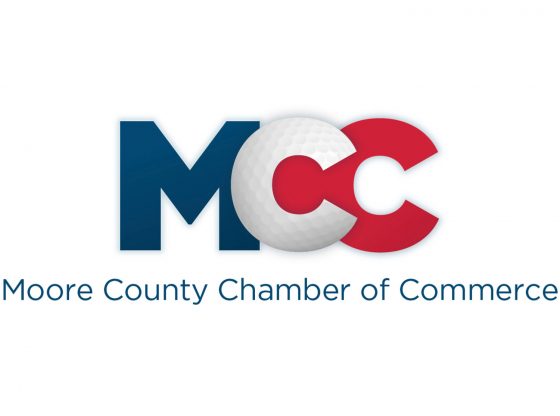
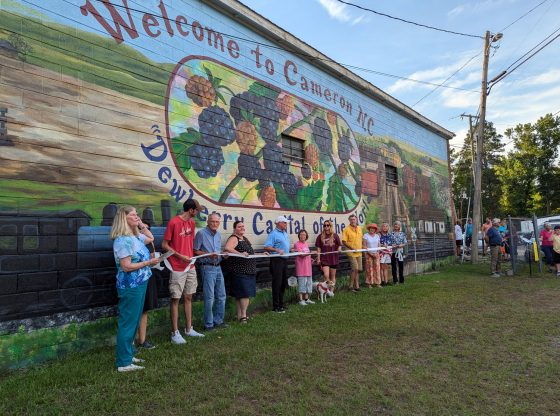





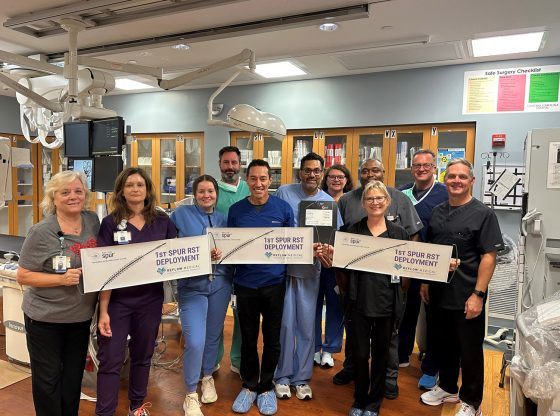
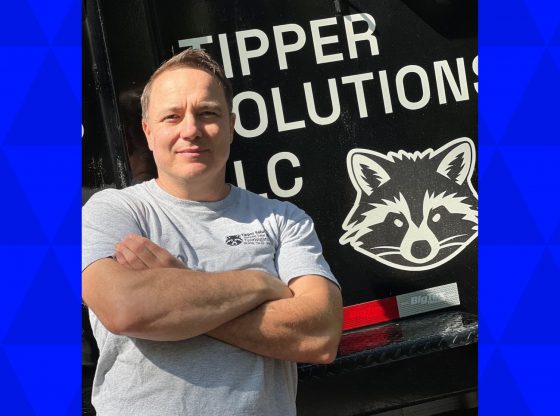
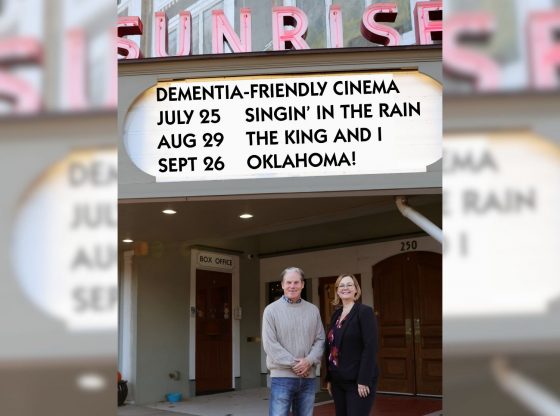
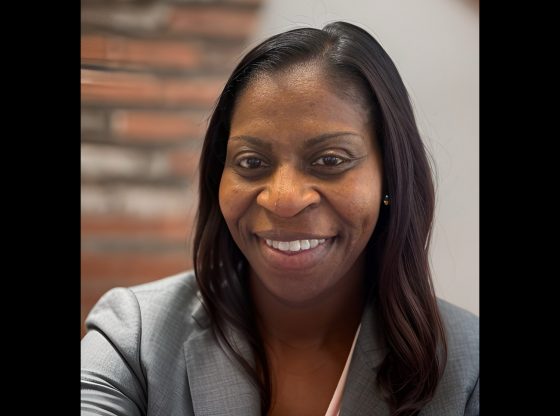


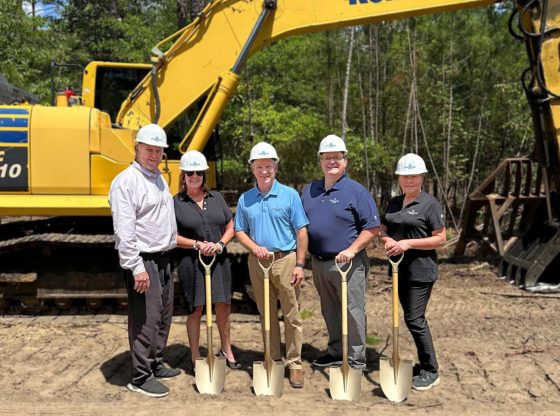
Comments
Comments are closed.